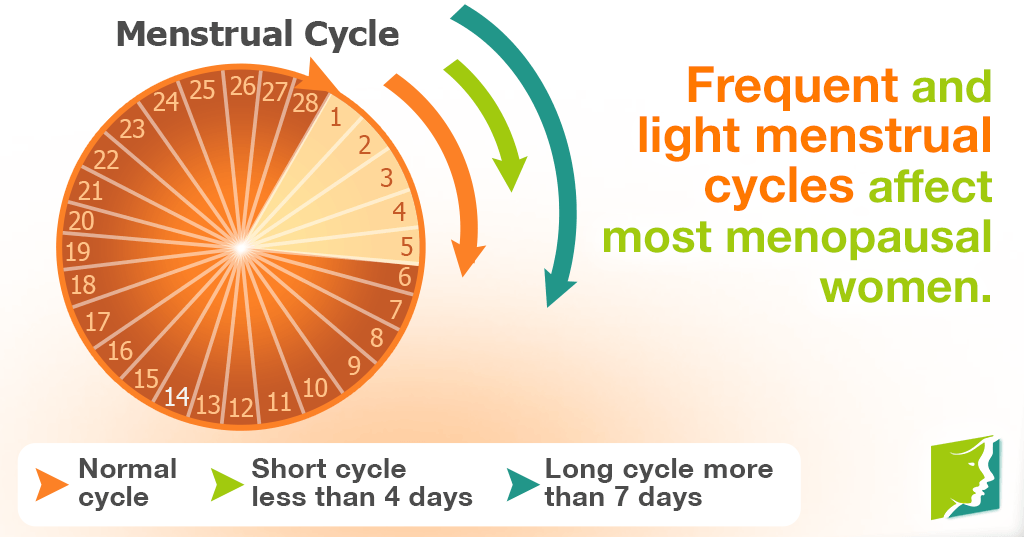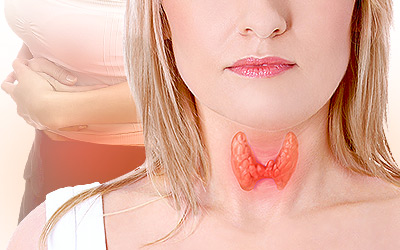Irregular periods are one of the main signs that a woman is approaching menopause. Menopause can cause frequent or light menstrual cycles that don't follow the regular schedule that your body has previously adhered to.
What Are Frequent Menstrual Cycles?
Women shouldn't worry about a missed period over the course of the year, as it's not uncommon. An irregular period is considered attention-worthy if the alterations in a woman's typical menstrual cycles persist over a span of several months.
Typically, periods occur every 21 - 35 days. Irregular menstrual cycles are those that differ from a woman's normal cycle. These can be cycles that occur less than 21 days apart, have spotting in between periods, or periods less than two days long. It can also mean abnormal bleeding, heavy blood clots, or periods that last longer than seven days.
If you are experiencing any of these symptoms regularly, especially symptoms related to heavy bleeding, please talk to your doctor.
When Do Frequent Menstrual Cycles Begin?
Women may begin to experience symptoms between two to ten years prior to menopause, the stage called perimenopause. Frequent and light menstrual cycles often affect perimenopausal women (women who are between the ages of 45 and 55).
However, there are some health conditions that can cause frequent and light periods, such as eating disorders, uterine abnormalities, and anemia, among others. Women in stressful situations can also suffer from irregular periods.
What Causes Frequent and Light Menstrual Cycles?
There are many reasons why a woman might experience frequent and light menstrual cycles.
During menopause, periods become irregular due to hormonal imbalance. A woman's menstrual cycle can become irregular during menopause, in much the same way as during puberty. Both are caused by the body changing its hormone levels as it goes through a transitional phase.
There are a number of other possible causes for irregularities in periods.
Thyroid disorders and polycystic ovary syndrome (PCOS)
These conditions can also present similar symptoms to perimenopause. If you think you may have one of these conditions, please consult a physician.
Hormonal contraception
Birth control pills and hormonal intrauterine devices (IUDs) can cause irregular periods, spotting, or heavy bleeding. This is particularly common when first using a hormonal contraception method, as well as soon after switching methods, but most of the time it goes away on its own after three to six months.
Some lifestyle factors that can also cause irregular periods. By changing your lifestyle, you can regain regular menstruation if the cause is:
- Extreme weight gain or loss
- Excessive exercising
- Severe stress
- Poor diet
Talk to your doctor if frequent and light menstrual cycles persist in order to determine the cause and a possible treatment. Learn more about the various treatments for frequent and light menstrual cycles.
Sources
- Hutchinson, Susan M.D. "The Stages of a Woman's Life: Menstruation, Pregnancy, Nursing, Perimenopause, Menopause". November 2007.
- Love, Susan M.D. Menopause and Hormone Book. New York: Three Rivers Press, 2003.
- BMJ Group. "Menopause: What is it?" Patient Leaflet. 2007




